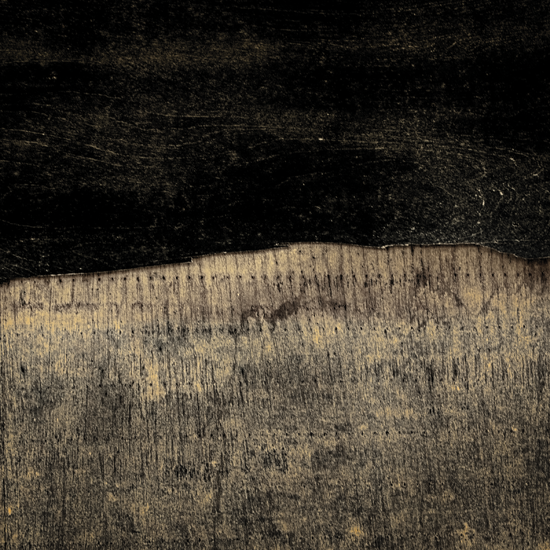The story of Ryokan (1758–1831), the beloved priest, poet, and calligrapher of Japan, is sometimes embellished in folklore and myth, and is at other times too sparse and lacking in detail to satisfy our wish for substantive information about his life. There remains much that we just don’t know. Ryokan was not concerned about his own fame and whether or not his life story would resonate through history. He had no stomach for celebrity. It bemused him to think that his calligraphy had gained enough notoriety that all the local people wanted were his works of calligraphy. He had no plan to publish his poems, to promote himself in any way, or to encourage popularized stories detailing his uniqueness. He simply continued to live day by day, not as a unique figure but as someone authentic to his vow, living the dharma somewhat hidden away as a hermit priest. There’s not much to tell concerning his daily life, no drama to speak of as he climbed up and down the slope of his mountain refuge bearing the cold in winter and enduring the mosquitoes in summer.
Yet nearly 200 years after his death, Ryokan is known globally, and we hold him in high esteem. Our wish to know him might suggest our hunger, in these difficult times, to touch a rare, sainted life that is unabashedly simple. Perhaps we long to live fully in the courageous way that Ryokan did, to help us withstand with some grace the frictions and challenges that beset us. Ryokan is like each of us, standing at the mirror and facing those hard questions that life presents. How do we fully live our Buddhist values? How do we live the first precept, not killing life, in this age of chemistry, science, nuclear war, technology, self-comfort, and complacency? How do we contend with the mesmerizing influence of technology? How do we have the courage to make choices that are uncomfortable and unpopular? How do we save the world and at the same time honor our obligations? How do we go beyond the deceptions and dishonesties of our culture? I don’t believe for a moment that simply looking at Ryokan’s life can answer these monumental questions, but perhaps because his life is at such an extreme from our own, it causes us to ask questions about a larger world that must be asked even if they can never be answered.
As a practicing Buddhist, Ryokan followed the four noble truths and lived the Buddha’s prescription to acknowledge suffering, see its cause, and follow the way to overcome it. Having that prescription before us is still not enough to tame the poisons that cause suffering; the prescription has to be chewed up and swallowed and put into practice. Even after some of us do that, there will still be suffering. Ryokan himself said that no matter how hard he tried, he could not stop suffering in the world; yet he lived in the best way he could as a true mendicant on the Buddha’s way. The bodhisattva continues to try even when it seems impossible.
A civilized society does not run from itself but rather addresses the most compelling and difficult questions, for the sake of its own progress. Most of the questions we ought to ask can only be worked with as we stumble forward in the world we have created, aiming to alleviate suffering and to develop a healthier future for all sentient beings. The questions teach us and help us take a deeper look at how and what we are doing in this complex world. With incredibly hard work, we may realize the way to ease suffering. Ryokan and the life he chose represent a silent presence, a spirit of wisdom, as we bear witness to his surging life and try to alleviate the woes of existence.
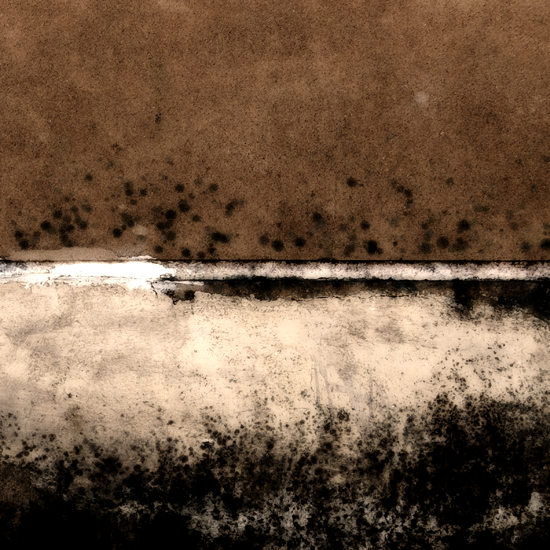
Following the Way of Ryokan
Daily Home Practice and Ceremony in Honor of Ryokan
To follow the way of Ryokan is to live daily life with an awareness of the Buddha’s teachings, Dogen Zenji’s [founder of the Soto school of Zen] teachings, and our natural inclination to want to make the world a better place. The Buddha’s teachings show us how to do as little harm as possible; how to recognize suffering and how we contribute to suffering; how to alleviate suffering by living well; how to understand and take responsibility for the consequences of our actions; how to realize the ephemeral nature of life. Dogen Zenji models a pathway of spiritual training in Zen for insight into zazen practice, devotional expression, and recognition of the importance of awakening. If we wish to live well in the world, not just amble along through life without any examination of our being, then we must engage in the effort to find meaning in our lives. In order to do this, we have to find a way to balance our own interiority with an empathic recognition of others. Without this balance, we can become invested in our own needs and performance while forgetting that there are others in the animal, vegetable, and mineral world. Or we can become so outwardly directed, perhaps even to the point of interfering, as to fail to see our own shortcomings. We must ask: for whom do we practice? We see the paradox of the self in the world, focusing inwardly in order to manifest outwardly. The inward look is the outward view. Ultimately we practice for others as our inward polishing manifests itself as good action in our activities.
At Olympia Zen Center, the life of Ryokan has a deep influence on us. We pay homage to Ryokan and to his life, finding this balance in continual daily practice. We follow his way, which helps us remember to be like a buddha in daily life through the expression of kindness, simplicity, compassion, and equality, and the expression of art. His life reminds us to avoid haughtiness, accumulation of unnecessary goods, hoarding of riches, and living in fear. He enjoins us to keep our sleeves wide and to hold the entire universe in our arms.
In living the virtues of Ryokan, we join in the community of the Order of Ryokan, committing ourselves to these practices:
Remain constant to zazen
Live modestly with goods and belongings
Live in awareness of the environment and its fragility
Practice kindness
Maintain creative practice and activity in the arts
Be faithful to solitude
Propagate peace in the world and the surrounding communities
Remain in active communication with other members of the Order
Each morning we begin the day with zazen, meditation in silence as the sun rises. We follow this with morning service, during which we include chanting of one of the poems in the Song of Ryokan, which is a series of poems, philosophical in nature; we have made our selection from the translation by Nobuyuki Yuasa. Ryokan never preached; he only wrote poems that show us his mind of doctrinal thought rendered in the classic Chinese poetic style. Ryokan also loved Hannya Shingyo (the Heart Sutra).
Whether they live alone or in family or community, people may conduct a simple morning ceremony each day to fill their homes with the sound of the dharma and lift the spirit of the indwelling place and all the surroundings. Particularly if we live alone, it is best to chant out loud to allow the throat to open and confirm ourselves in practice and in our own living space. Such a simple ceremony gives hope to the world and strengthens the spirit when we actually allow the music to penetrate the walls. Since the Heart Sutra should be chanted in every place of practice each day, and since each of our homes is a place of practice, we can begin with the Heart Sutra and follow with the Metta Sutta and a verse from the Song of Ryokan.
I believe in observing a day of rest and silence every week. Living a day of reflection is a holy way to restore life. Such a day lifts us out of the banal, gives us a time in which we honor life and limb, when we offer our nonactivity as a gesture, a moment to look and listen to our surroundings and our own interior longing. Thus in the Song of Ryokan there are only six poems. The seventh day is the day of reflection.
A dedication, recited following the chanting of the sutras, can be adapted to fit your surroundings or personal life. One should change it to fit the situation. For instance, perhaps you are concerned about family or loved ones. Perhaps you know someone who is dying, and you wish to remember that person in ceremony. Their names can be recited to bring healing from one’s own heart into the situation.
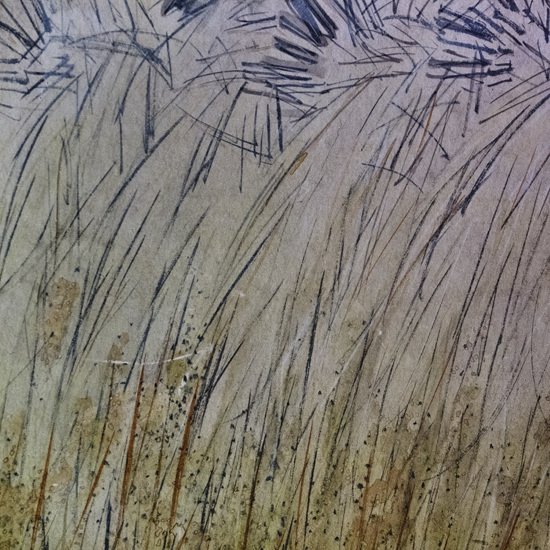
CEREMONY TO HONOR RYOKAN
Heart of Great Perfect Wisdom Sutra
Avalokiteshvara Bodhisattva, when deeply practicing Prajna Paramita, clearly saw that all five aggregates are Empty and thus relieved all suffering. Shariputra, form does not differ from Emptiness, Emptiness does not differ from form. Form itself is Emptiness, Emptiness itself form. Sensations, perceptions, formations, and consciousness are also like this. Shariputra, all Dharmas are marked by Emptiness; they neither arise nor cease, are neither defiled nor pure, neither increase nor decrease. Therefore, given Emptiness, there is no form, no sensation, no perception, no formation, no consciousness; no eyes, no ears, no nose, no tongue, no body, no mind; no sight, no sound, no smell, no taste, no touch, no object of mind; no realm of sight . . . no realm of mind-consciousness. There is neither ignorance nor extinction of ignorance . . . neither old age and death, nor extinction of old age and death; no suffering, no cause, no cessation, no path; no knowledge, and no attainment. With nothing to attain, a Bodhisattva relies on Prajna Paramita and thus the mind is without hindrance. Without hindrance, there is no fear. Far beyond all inverted views, one realizes nirvana. All Buddhas of past, present, and future rely on Prajna Paramita and thereby attain unsurpassed, complete, perfect enlightenment. Therefore, know the Prajna Paramita as the great miraculous mantra, which removes all suffering and is true, not false. Therefore we proclaim the Prajna Paramita mantra, the mantra that says: “Gate, Gate, Paragate, Parasamgate! Bodhi! Svaha!”
(Sotoshu Shumucho, translation by Sotoshu Text Project.)
Metta Sutta
This is what should be accomplished by the one who is wise
Who seeks the good and has obtained peace.
Let one be strenuous, upright and sincere,
Without pride, easily contented and joyous.
Let one not be submerged by the things of the world.
Let one not take upon one’s self the burden of riches.
Let one’s senses be controlled.
Let one be wise but not puffed up.
And let one not desire great possession even for one’s family.
Let one do nothing that is mean or that the wise would reprove.
May all beings be happy.
May they be joyous and live in safety—all living things
Whether weak or strong, in high or middle
Or low realms of existence, small or great,
Visible or invisible, near or far, born or to be born.
May all beings be happy.
Let no one deceive another nor despise any being in any state.
Let none by anger or hatred wish harm to another,
Even as a mother at the risk of her life
Watches over and protects her only child.
So with a boundless mind should one cherish all living things
Suffusing love over the entire world.
Above, below and all around without limit.
So let one cultivate an infinite goodwill toward the whole world.
Standing or walking, sitting or lying down,
During all one’s waking hours,
Let one practice the way with gratitude,
Not holding to fixed views,
Endowed with insight, freed from sense of appetites.
One who achieves the way
Will be freed from the duality of birth and death.
(San Francisco Zen Center, translation by Sojun Mel Weitsman.)
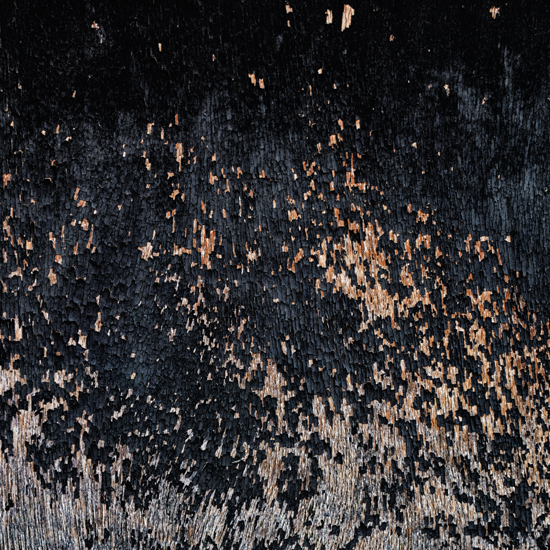
Song of Ryokan
I
Early, on August the first,
I set out to beg in a city.
Silver clouds sail with me.
Golden winds ring my bells.
At dawn I see the thousand gates and doors thrown open.
At noon I feed my eyes with cool bamboo and basho tree.
East or west, I will not pass a single house unvisited,
Not even the slimy haunts of drunkards and fishmongers.
Straight glances of honest eyes break a pile of swords.
Strides of steady feet scorn the heat of boiling water.
Long ago the Prince of Pure Eating preached how to beg,
And the Beggar of Beggars truly acted out his teaching.
Since then it is two thousand, seven hundred years and more.
Yet am I no less a faithful pupil of the First Teacher.
Therefore I beg, a bowl in my hands, a gown on my back.
Have you not read or heard
Of that noble one of high repute, who solemnly decreed,
Equal in eating, equal under the divine law we must be.
Look out, everyone lest you should run loose unawares.
Who stands secure against the lapse of countless years?
II
Words come sweeping out of your mouth, when your lips move,
Your arms are slow to act, be you anxious to use them well.
You often try to cover up with your ready-to-flow speeches
What your lazy arms have not quite succeeded in performing.
The harder you try to polish, the more you spoil your work.
The more words you pour out, the greater evils you provoke.
Let us not commit such folly as to flood the fire with oil,
To cool it down for a moment, knowing it will soon explode.
Do not drive after this or that thing in your mad pursuit.
Lock up your lips in deep reticence to do your daily work.
Never fill your mouth till hunger revolts in your stomach,
Nor rattle your teeth until you are fully awake and aware.
Ever since I learned what I know about the life of Hakuyu,
I have some means at least to sustain myself in the world.
Master your breath, so you may be tense with inner spirit.
No ills, then, can break into your heart from the outside.
III
True, all the seasons have moonlit nights,
But here’s the best night to see the moon.
The hills never so aloft, the streams never so clear,
In the infinite blue of autumn sky flies a disk of light,
Neither light nor gloom is graced with a life of its own.
The moon and the earth are one, and myself one with them.
The boundless sky above, and autumn chill on my skin,
I stroll about low hills, leaning upon my priceless cane.
Quiet night has held firm the flitting dust of the world.
The bright moon alone pours streams of rays all about me.
I mind it not if another like-minded is also admiring it,
Or if the moon deigns to look on others as well as on me.
Each year as autumn comes, the moon will shine as before,
And the world will watch it, will face it, till eternity.
Sermons at Mount Ryozen, lectures in the Vale of Sokei,
Were teachings so precious, the audience needed the moon.
My meditation under the moon lasts till the ripest night.
The stream has hushed its cry, dew lies thick everywhere.
Who, among the moon-viewers tonight, will have the prize?
Who will reflect the purest moon in the lake of his mind?
Surely you all know of that riverside moon viewing of long ago,
When Fugan alone, the rest lagging, ran beyond the flesh,
And of Yakkyo who, moon-inspired, cracked a laugh on a hilltop?
Their reputation rose high, when the feats were reported,
But over a thousand years intervene between now and then.
People have watched for naught the vicissitudes of the moon.
I am, nonetheless, swayed in my thoughts by the ancients.
Tonight, I keep a bright vigil, my robes soaked in tears.
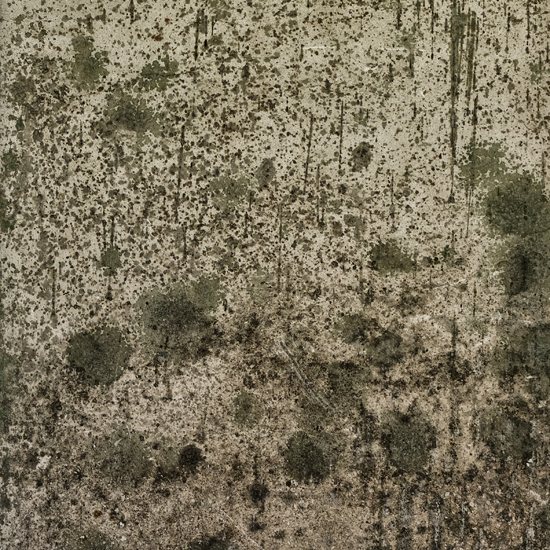
IV
It once grew in the heavenly country far away in the west,
No one knows how many years since its coming to the world.
Its white petals are wrapped in a profusion of shiny dews.
Its rare-green leaves spread everywhere in the round lake.
Chaste is its scent wafted over the fence by a quiet wind.
Arrestingly calm, its whole poise as it rises above water.
The sun has already hid itself behind the hills before me
But I cannot move a step for the charm of the lotus plant.
Now I sing the glory of the bamboo trees around my house.
Several thousands stand together, forming a placid shade.
Young shoots run wild, blocking the roads here and there.
Old branches stretch all the way, cutting across the sky.
Frosty winters have armed them with a spiritual strength.
Rising mists wrap them with the veil of profound mystery.
In their healthy beauty they even rank with pine and oak,
Although they do not vie in grandeur with peach and plum.
Their trunks are upright and their knots are far between.
Their hearts are void of stuffing and their roots sturdy.
Bamboo trees, I admire you for your honesty and strength.
Be my friends, and stand about my retreat until eternity.
V
Ancient sages left their works behind, not to let us know
About themselves, but to help us understand our own stamp
Had we wisdom deep enough to know ourselves, single-handed,
No benefits would result from the works of ancient saints.
A wise person learns the mystery of existence in a flash
And climbs in a leap beyond the world of hollow phenomena,
Whereas a foolish person holds willfully to facts and details,
To drown himself in subtle differences of words and lines,
And being envious of others in their supreme achievements,
He wastes his mind night and day in his efforts to exceed.
Truth, if you cleave to it as truth, turns into falsehood.
Falsehood, when you see it as such, becomes at once truth.
Truth and falsehood are the mated edges of a double sword.
None alive can separate with certainty one from the other.
Alas, too many people drift with the skiff to fathom the sea.
From time immemorial they are causes of endless deception.
Sweet saintliness is to be sought as a work of your heart.
The rightful path lies not amid things of constant change.
This plainest truth must be implanted time and time again,
Lest you should fall a witless victim to deceiving voices.
If you turn your shafts northward, hoping to travel south,
Alas, how can you ever arrive at your desired destination?
VI
In its innocence, the heart is like water pure and bright.
Boundless, it presents itself to the sight of its beholder.
Should a proud desire rise, however, to disturb its peace,
Millions of wicked thoughts and pictures will bog it down.
If you take these fancies to be real enough to engage you,
You will be led farther and farther away from tranquility.
How sore it is to see a person crazed about earthly thoughts,
A heart bound closely by the cords of the ten temptations.
To hear the words of truth, you must wash your ears clean.
It means to rid yourself of all you have heard beforehand.
If only one word of your previous learning remains within,
You will fail to embrace the words when they come to you.
Resembling what you know, a plain lie may seem acceptable,
And a simple truth, strange to your ears, may sound false.
How often, alas, we have our judgments made in our hearts,
When truth lies outside, in a place beyond our conception.
Let us not commit such folly as to steep a stone in water,
To hide it for a moment, knowing it will show in due time.
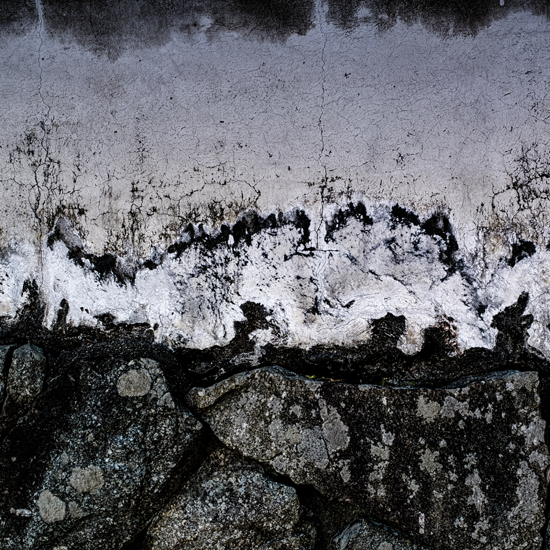
Use the seventh day as a day of reflection.
Dedication
Our words ring out through space beyond the stars, their virtue and compassion echo back from all the many beings. We dedicate our reciting of the Heart of Great Perfect Wisdom Sutra, the Metta Sutta, and the Song of Ryokan to:
The Ancient Seven Buddhas and all teachers, past, present, and future.
And for the enlightenment of bushes and grasses and the many beings of the world, for the renewal of buddha mind in fields and forests, homes and streets, throughout the world, in grateful thanks to all our many guides along the ancient way, and in particular gratitude to all whose practice has reflected the light of the morning star shining forth in perfect harmony.
Here, if you wish, you can recite the names of personal family members, friends, or those whom you wish to reach out to or send healing or protection to, or those who have died.
All Buddhas throughout space and time,
All beings, bodhisattvas, mahasattvas,
Wisdom beyond wisdom.
The Maha Prajna Paramita.
♦
Text from Kakurenbo: Or the Whereabouts of Zen Priest Ryokan, by Eido Frances Carney. © 2013 Eido Frances Carney. Reprinted with permission of Temple Ground Press. Verses from The Zen Poems of Ryokan, selected and translated by Nobuyuki Yuasa. © 1981 Princeton University Press. Reprinted with permission of the publisher.
Thank you for subscribing to Tricycle! As a nonprofit, we depend on readers like you to keep Buddhist teachings and practices widely available.
